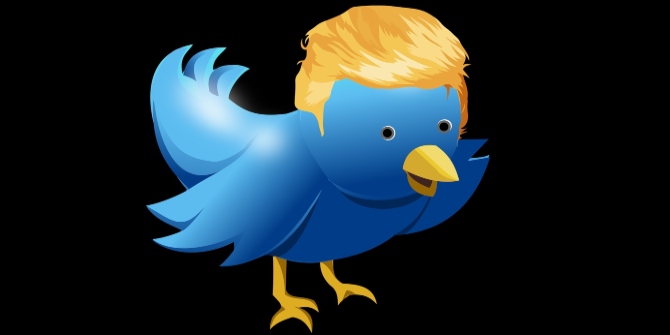A large body of research shows that empathy is a skill that can be learned and developed. Catalyst surveyed nearly 900 US employees working across industries to understand how having an empathic leader affected their experiences at work. Allyson Zimmermann writes that empathy is a hard business skill that affects an organisation’s bottom line by increasing productivity, creativity and employee engagement.
With the COVID-19 pandemic blurring the lines between our work and home lives, empathy in the workplace has helped organisations to navigate the boundaries of work and home and support employees at this time of crisis.
Empathy is an important business skill that increases retention, drives innovation and supports employees’ wellbeing, especially during times of crisis. It is not a so-called soft skill, but rather a hard business skill that impacts an organisation’s bottom line.
Many believe empathy is an innate trait, rather than a skill, and that it cannot be learned. However, a large body of research shows that it is a skill that can be learned and developed. A new Catalyst report by Tara Van Bommel surveyed nearly 900 US employees working across industries to understand how having an empathic leader affected their experiences at work.
The report found that when employees had empathic leaders they reported that their company demonstrated respect for their life circumstances and supported their life and work needs. However, employees whose leaders did not demonstrate empathy did not feel respected or able to balance life and work needs.
The study defines empathy as being able to connect with others to identify and understand their thoughts, perspectives, and emotions and being able to demonstrate that understanding with intention, care and concern. It also defines three types of empathy:
- Cognitive (head/thinking);
- Affective (heart/feeling); and
- Behavioural (action/doing).
Our data shows that empathy is a positive force for productivity and other positive work experiences during the pandemic. Those with empathic managers report higher levels of creativity (61%) and engagement (76%) than those with less empathic senior leaders (13% and 32% respectively). Senior leader empathy is also linked to lower staff turnover and reduced intent to leave for women of colour.
We also know that the pandemic has hit women harder than men, making them lose more jobs and often shoulder the brunt of family responsibility with childcare and home-schooling needs. Every situation has its own unique challenges, and empathy is a skill that enables leaders to understand and support employees’ unique situations and needs.
Employees have needed support and understanding and managers have needed to frequently check-in on the wellbeing of their employees by creating space to listen, be curious, respectful and not assume that everyone has the same situation as themselves. It also helped to bond colleagues together, which has been essential in the ongoing turmoil of COVID.
Practising empathy is also a way to reduce burnout at work. Our report on burnout found that this was especially true for women of colour, who experience less general workplace burnout when they have more empathic senior leaders.
Managers need to take the time to connect with team members and understand their personal situations. A person’s background may be very different from their own, and it is important to listen to other people’s views and show respect and consideration for different viewpoints. If all employees feel their voices are heard and are of equal weight, the building blocks are in place for a more integrated, inclusive, and empathic workplace.
To increase empathy in the workplace, organisations should invest in measurable empathy training, and senior leaders need to role model empathetic behaviours.
Former KPMG UK chair Bill Michael faced a storm of criticism internally earlier this year after telling staff in a conference video call to “stop moaning” about the pandemic and “playing the victim card”. He chose to resign following the outcry to his comments and expressed deep regret in his resignation letter for his “hurtful” choice of words. Senior leaders set the tone of an organisation and if they do not lead by example, empathic behaviour will not be valued and encouraged.
We describe empathy as an organisational ‘superpower’ in the future of work. To attract and keep the best talent, organisations must be able to reach out to team members with empathy and understanding and show true humanity.
The practice and skill of empathy is a win-win for employers and employees, positively affecting well-being, motivation, engagement, productivity and retention. It is those organisations that can extend the hand of friendship and kindness that will keep loyal and engaged employees in times of crisis, ultimately allowing them to be agile and successfully weather the coming disruptions.
♣♣♣
Notes:
- This blog post is based on The Power of Empathy in Times of Crisis and Beyond, a Catalyst report by Tara Van Bommel.
- The post represents the views of its author(s), not the position of LSE Business Review or the London School of Economics.
- Featured image by geralt, under a Pixabay licence
- When you leave a comment, you’re agreeing to our Comment Policy.






Customary business includes firing up another business and selling it after certain years. Yet, we need to think diversely now. The present business visionaries are more similar to directors of organizations, with different investors. In 2022, you will actually want to maintain a business in view of your abilities and not the resources you own. Business venture is one more name for the executives in 2022. Now is the ideal time to investigate better approaches for getting things done, being imaginative, and making ourselves irreplaceable by placing our hearts into it.